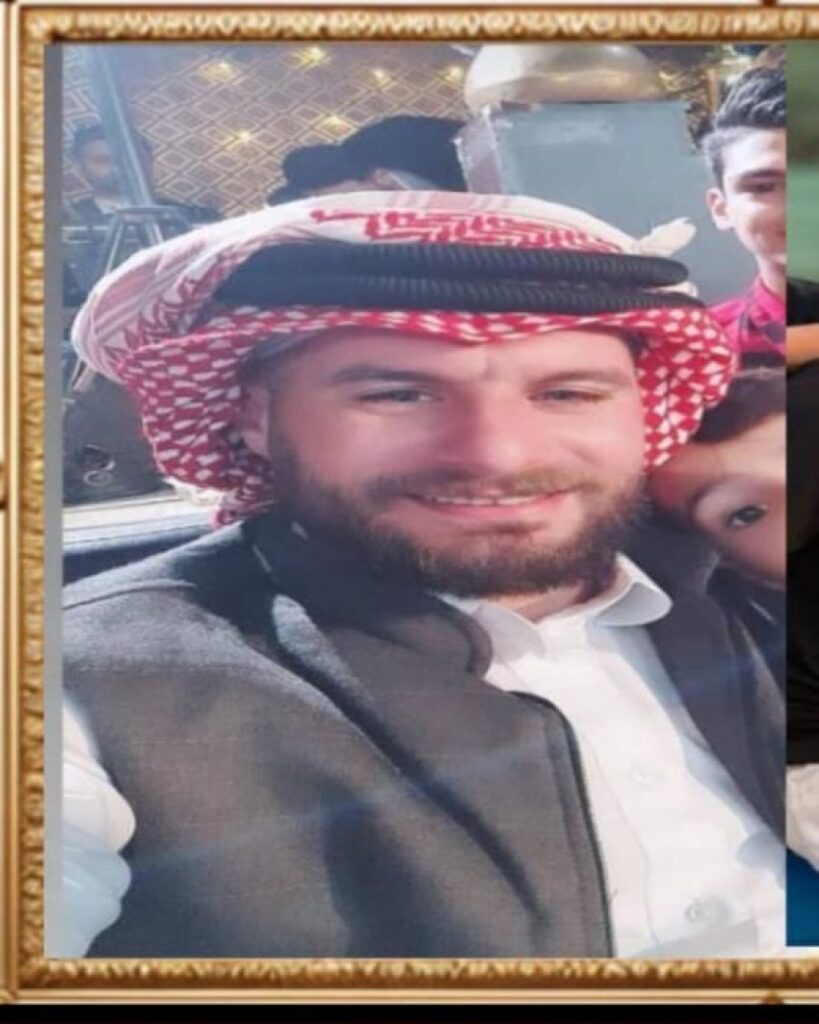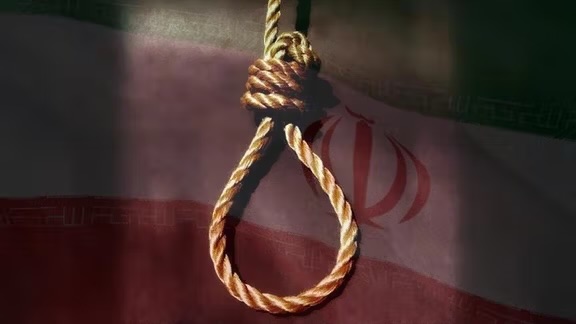
Iranian intelligence forces have arrested the Ahwazi activist Fares Kaab Karmallah in the city of Shushtar (Toster) after storming his home without prior warning or a judicial warrant, local sources confirmed.
During the raid, agents confiscated several personal items, including his mobile phone, laptop, and a number of books. The operation reportedly took place without any official charges or legal explanation, suggesting that the arrest was politically motivated.
Witnesses said that Karmallah was insulted and physically assaulted in front of his family members including children leaving them deeply traumatized.
Since the arrest, Iranian authorities have refused to disclose his whereabouts or allow any communication with his family, raising serious concerns about possible enforced disappearance or torture, a recurring practice in the treatment of Ahwazi detainees.
A Violation of International Law
This arbitrary detention constitutes a clear breach of Article 9 of the International Covenant on Civil and Political Rights (ICCPR), which explicitly prohibits arbitrary arrest or detention and guarantees the right of detainees to be informed of the reasons for their arrest and to have access to legal counsel.
As a signatory to the ICCPR, Iran is legally bound to uphold these international protections, yet continues to disregard them in its dealings with Ahwazi activists.
Calls for Immediate Action
The Ahwazi Human Rights Organization condemned the arrest and described it as part of a systematic campaign of repression aimed at silencing Ahwazi voices demanding national and civil rights.
The organization demanded:
The immediate disclosure of the location of Fares Kaab Karmallah; Unrestricted access to his lawyer and family; Accountability for those responsible for the assault during the arrest; Full legal protection and guarantees of his safety.
The statement further warned that the continuation of such violations exposes Iran to international scrutiny and legal consequences, and highlights the ongoing ethnic and political discrimination faced by the Arab people of Ahwaz.


